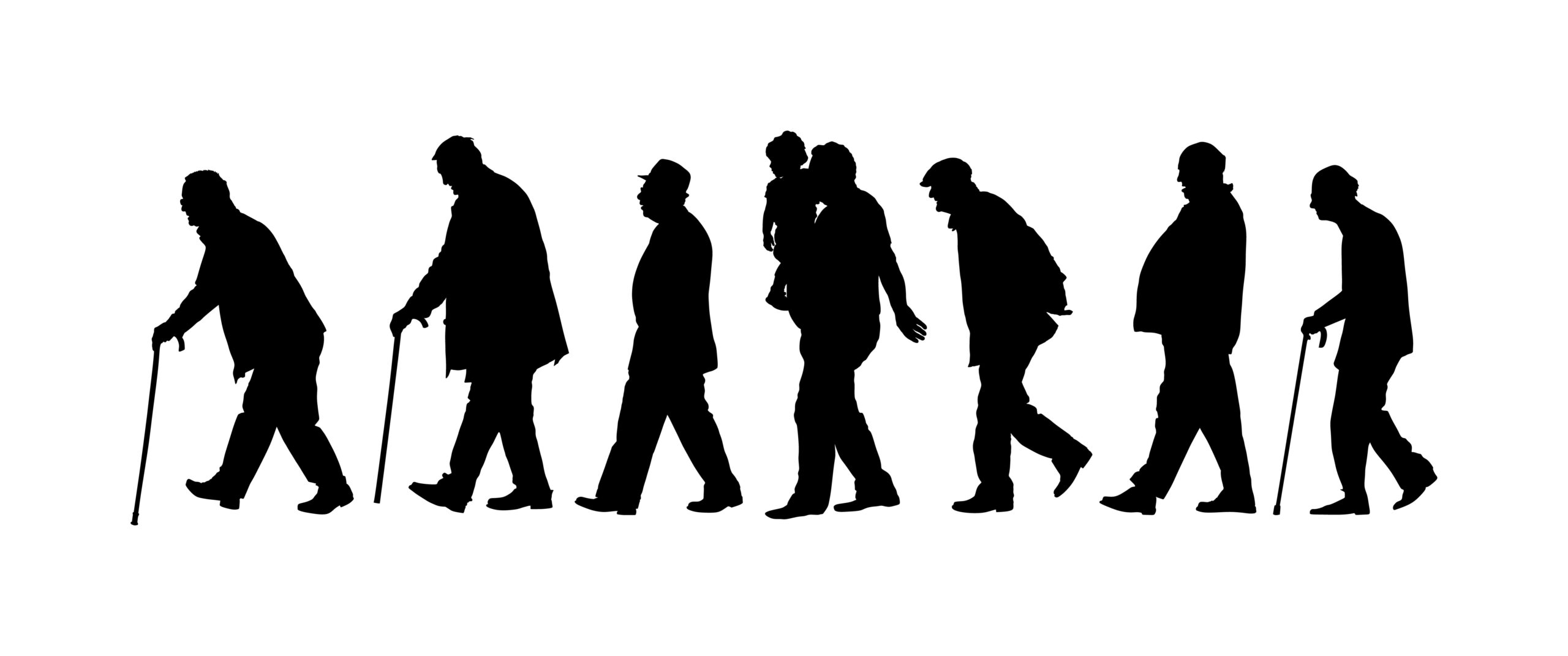How does menopause affect widows
Menopause is a natural part of life for women, but it can be particularly challenging for those who are also dealing with the loss of a partner. Widows face a unique set of emotional and physical changes during this time, which can impact their overall well-being.
Firstly, menopause itself brings about significant physical changes. Hormonal fluctuations can lead to symptoms like hot flashes, night sweats, and mood swings. These symptoms can vary in severity and impact daily life. For example, some women experience more vasomotor symptoms, while others may have physical and somatic symptoms like joint pain and sleep disturbances[1].
For widows, these physical changes are compounded by the emotional challenges of grief. The loss of a partner can lead to feelings of loneliness and isolation, which can exacerbate the emotional symptoms of menopause. Grief can also affect libido, sometimes leading to what is known as “widow’s fire,” an intense desire for intimacy or sex as a way to cope with the void left by the loss of a partner[2]. This can be a complex and sensitive issue, as it involves both emotional and physical needs.
Additionally, menopause can increase the risk of depression, especially due to the hormonal changes involved. Women during the menopausal transition are more vulnerable to depression because of these fluctuations, particularly the variable levels of estrogen[4]. For widows, managing these emotional challenges alongside grief can be overwhelming.
In terms of lifestyle, maintaining physical activity and a healthy diet can help mitigate some of the effects of menopause. Regular exercise and a balanced diet can support bone health and reduce the risk of other menopause-related issues like increased abdominal fat[3][5]. However, for widows, finding the motivation to engage in these activities can be difficult due to the emotional burden of their loss.
Ultimately, menopause for widows requires a holistic approach to health. It involves not just managing physical symptoms but also addressing emotional and psychological needs. Support from family, friends, and healthcare professionals can be crucial in navigating this challenging period. By understanding these unique challenges, we can better support widows as they face both menopause and the loss of a loved one.





